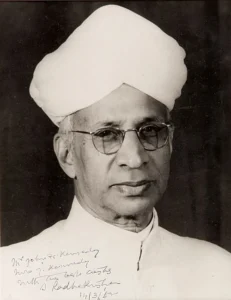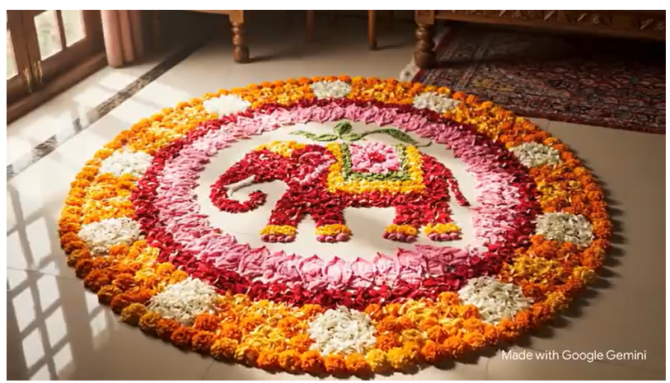A Rare Confluence of Wisdom and Culture: Celebrating Teachers’ Day and Onam Together
5th September, 2025: This year, September 5th, 2025, presents a meaningful coincidence—Teachers’ Day and Onam fall on the same day. One celebrates the guiding lights of knowledge—our teachers—and the other, a vibrant festival of prosperity, unity, and cultural heritage. While the two may seem unrelated at first glance, a deeper look reveals a shared essence: the power of wisdom, humility, and enlightenment.

Honoring the Gurus: Teachers’ Day in India
Teachers’ Day is observed across India to honor Dr. Sarvepalli Radhakrishnan, a great philosopher, scholar, and former President of India. More importantly, it is a day when we pause to recognize the teachers who have shaped our minds, characters, and futures. From formal education to life lessons, teachers play a central role in guiding society toward progress and purpose.
On this day, students express gratitude to their mentors through performances, speeches, and thoughtful gestures—making it one of the most heartfelt days in the academic calendar.
Onam: A Festival of Prosperity and Reunion
Onam is Kerala’s most cherished festival, celebrated in honor of King Mahabali, the legendary ruler whose reign is remembered as a golden age of equality, justice, and abundance. According to mythology, the devas, threatened by his growing popularity and power, sought the help of Lord Vishnu, who took the form of a humble Brahmin boy—Vamana.
Vamana asked the generous king for three feet of land. When Mahabali agreed, Vamana grew to cosmic proportions, covering the earth and the heavens in two steps. With no space left for the third, Mahabali offered his own head. Impressed by his humility, Vishnu granted him the boon to visit his people once a year—thus, Onam is celebrated to welcome Mahabali back home.

Misconception: Was Vamana an Oppressor?
A common misconception paints Vamana as the destroyer of Mahabali’s rule. However, a more reflective interpretation reveals Vamana not as a conqueror, but as a divine teacher.
Mahabali, though a noble king, was growing in ego and ambition. By appearing in the form of a humble Brahmin and asking for a seemingly small favor, Vamana taught Mahabali a lesson in humility and detachment—hallmarks of great wisdom. It was not punishment, but enlightenment.
Instead of humiliation, the episode symbolizes Mahabali’s spiritual evolution. In surrendering his ego, Mahabali attained eternal glory. In this way, Vamana becomes a teacher, guiding even the greatest of rulers toward self-realization.
A Shared Message: Wisdom, Humility, and Growth
This confluence of Onam and Teachers’ Day allows us to explore a powerful message: True teaching is not about authority, but transformation. Just as teachers help students grow beyond their limitations, Vamana helped Mahabali transcend his ego, preserving his legacy for eternity.
In classrooms across Kerala and beyond, this year’s celebrations can take on a deeper dimension. While students express gratitude to their teachers, they can also reflect on the myth of Mahabali and Vamana—understanding how even divine intervention can come in the form of gentle guidance, not force.
Conclusion
This September 5th, as we celebrate Teachers’ Day and Onam together, let us remember that both knowledge and culture are gifts that shape society. Whether it is the wisdom of a classroom teacher or the life-changing lesson of a mythological encounter, teaching is at the heart of transformation.
Let us celebrate our teachers, cherish our traditions, and reflect on the timeless truths that both occasions bring to light. May this rare union of celebrations inspire us to be lifelong learners, compassionate leaders, and humble seekers of wisdom.